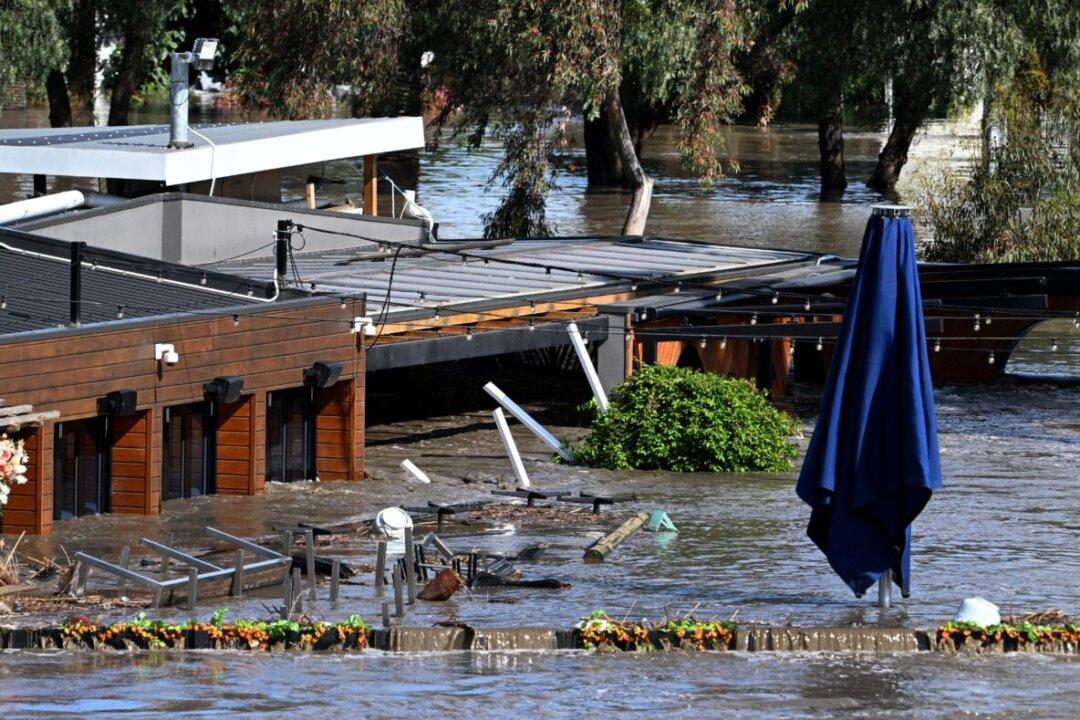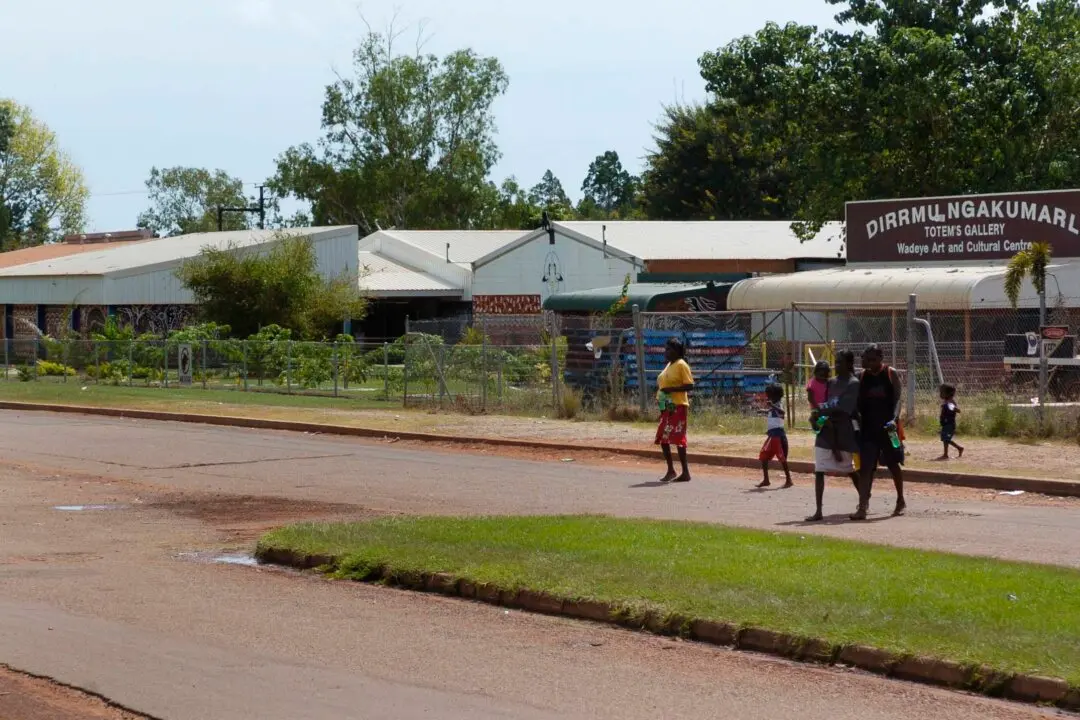Australians seeking to buy a home or business should be given information about the climate risks relating to their new property.
That’s one of the ideas in a landmark 1000-page Productivity Commission report, which has given federal, state and local governments food for thought on policy changes to improve the economy.





